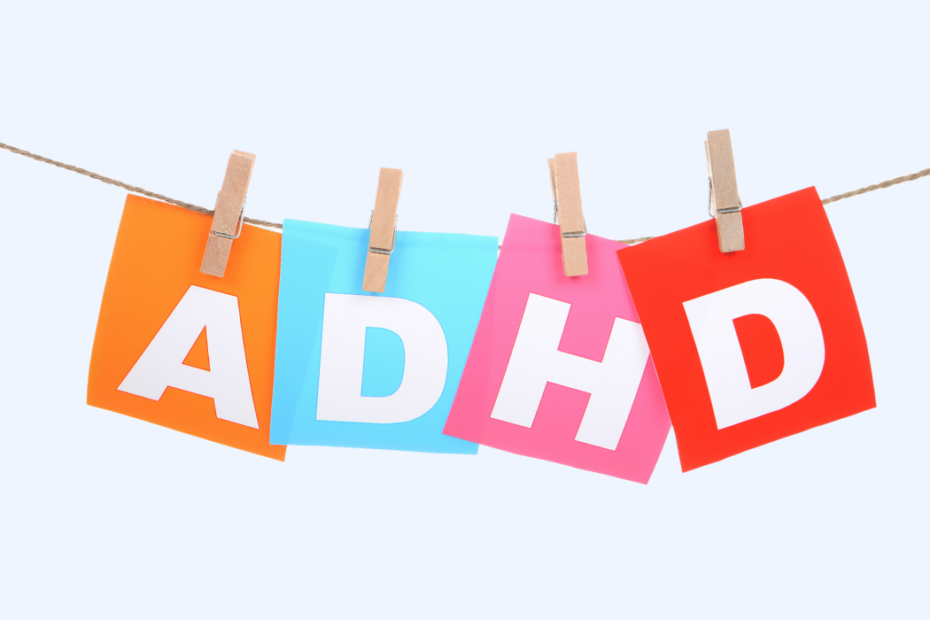ADHD (Attention Deficit Hyperactivity Disorder) is a brain disorder that is common, lifelong and presents differently in adults and children. Symptoms can range from mild to severe and when ADHD is comprehensively assessed, diagnosed, treated and managed, the quality of your life can be vastly improved. As a quick starting point, here are six signs that will help you flag whether you or a loved one may have Adult ADHD.
1. ADHD runs in the family
The latest research indicates that ADHD is a genetic condition, meaning that it runs in families. If a blood relative like a child, sibling or parent of yours has been diagnosed with ADHD, there’s a chance you may have it too.
ADHD affects the way a person’s brain processes information. A better way to describe it rather than ‘attention deficit’ is ‘dysregulation’, which means ‘poor control of’, because ADHD’ers can experience too much as well as too little attention…
2. Poor Attention Control
You are easily distracted and can’t pay attention, listen or remember. You get bored, frequently changing jobs, relationships or hobbies. But if you are really interested, frightened or the topic is urgent or emotional, you can hyperfocus.
3. Poor Motor Control
Hyperactivity is really dysregulation of movement where your brain is going to sleep and your body is trying to produce adrenaline from movement. You are restless, fidget, doodle or talk excessively. You feel like you are always ‘on the go’.
4. Poor Control of Impulses
You often interrupt because you care or are in overload – you’d forget the first idea if you waited for the next one! You blurt things out and make impulsive decisions that you regret later. You may be accident prone.
5. Poor Control of Emotions
You are hypersensitive, your reactions can be disproportionate to the trigger. If you are in overload or are out of your depth, drunk, anxious or in pain, you can be more likely to feel flustered, angry, impatient, embarrassed, rejected or panicked.
6. Co-existing Mental Health Challenges
Adult ADHD often co-occurs with other mental health conditions. Approximately 38% of adults with ADHD have a mood disorder such as depression or bipolar. Up to 53% may also have anxiety. Approximately 30%-40% of people seeking treatment for drug and alcohol problems have undiagnosed ADHD.
The importance of comprehensive mental health assessment
If you identify with some of these signs, we highly recommend taking a confidential Loffty mental health assessment. Our assessment covers not only Adult ADHD but, importantly, 29 additional potential co-existing conditions. You’ll receive a detailed report that provides an overview of your mental health. You can then share this with your GP, psychologist or psychiatrist to help them make a well-informed diagnosis and treatment plan.
Adult ADHD is a serious condition that comes with a higher risk of suicide. But when assessed, diagnosed and treated properly, ADHD’ers can and do lead positive, productive and fulfilling lives!
Don’t let the signs of Adult ADHD or other mental health distress go unnoticed. Discover the big picture of your mental health and begin your journey towards a more fulfilling and manageable life.
Want to learn more about what Adult ADHD is exactly? Check out our must-see youtube interview of psychiatrist and ADHD specialist Dr Dianne Grocott.
Want to hear what it’s like to have Adult ADHD and get properly assessed and treated? Check out Rachel’s inspiring story of going from ‘struggle street’ to thriving with ADHD.
